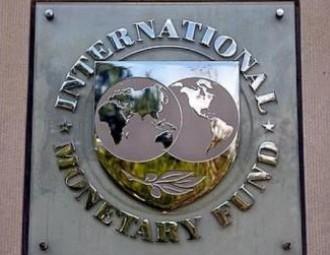Official Minsk discusses possibility of a new loan from IMF

The delegation from the International Monetary Fund, which is to stay in Minsk during March 14-25 doesn’t exclude the possibility of a new fund to the National Bank of Belarus.
The experts are to hold post-program monitoring discussions with the Belarusan authorities as part of the fourth review of the country’s stand-by arrangement (SBA) that expired in April 2010, BelaPAN said.
"Of course, the possibility of a new loan will be brought up," the official was quoted as saying. She added that the matter "comes up" during every round of talks with IMF representatives, but the latter "sidestep it nicely" every time.
Ermakova stressed that Belarus repaid the loan provided under the stand-by arrangement on schedule. She reiterated that a new IMF loan was not of critical importance to the country.
The IMF experts will stay in Belarus until March 25 to hold discussions with officials representing Belarus' government and the NBB on the country's macroeconomic, fiscal and monetary policies, as well as on economic development prospects.
The 15-month, SDR1.62 billion (about $2.46 billion) arrangement was approved by the IMF Executive Board on January 12, 2009. On June 29, 2009, the IMF financial support under the SBA was increased to SDR2.27 billion (about $3.52 billion).
Speaking to reporters on February 20, NBB head Nadzeia Ermakova predicted that Belarus would hardly manage to secure a fresh IMF loan within the next 12 to 24 months.
Decisions on loans for specific countries are made by the IMF Executive Board, which gives priority to political considerations, she said.
-
03.01
-
07.10
-
22.09
-
17.08
-
12.08
-
30.09










































